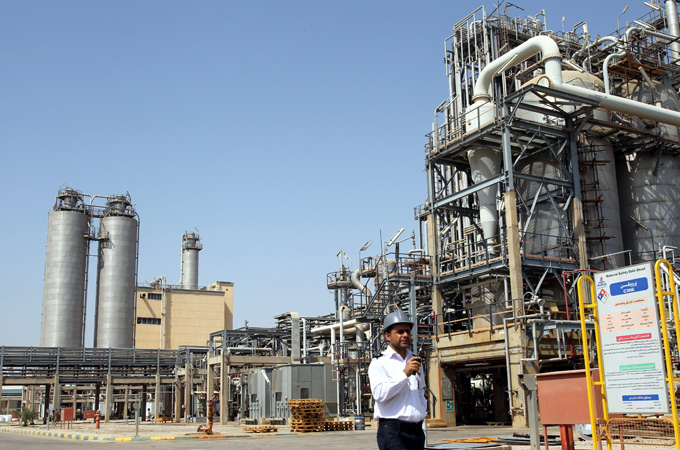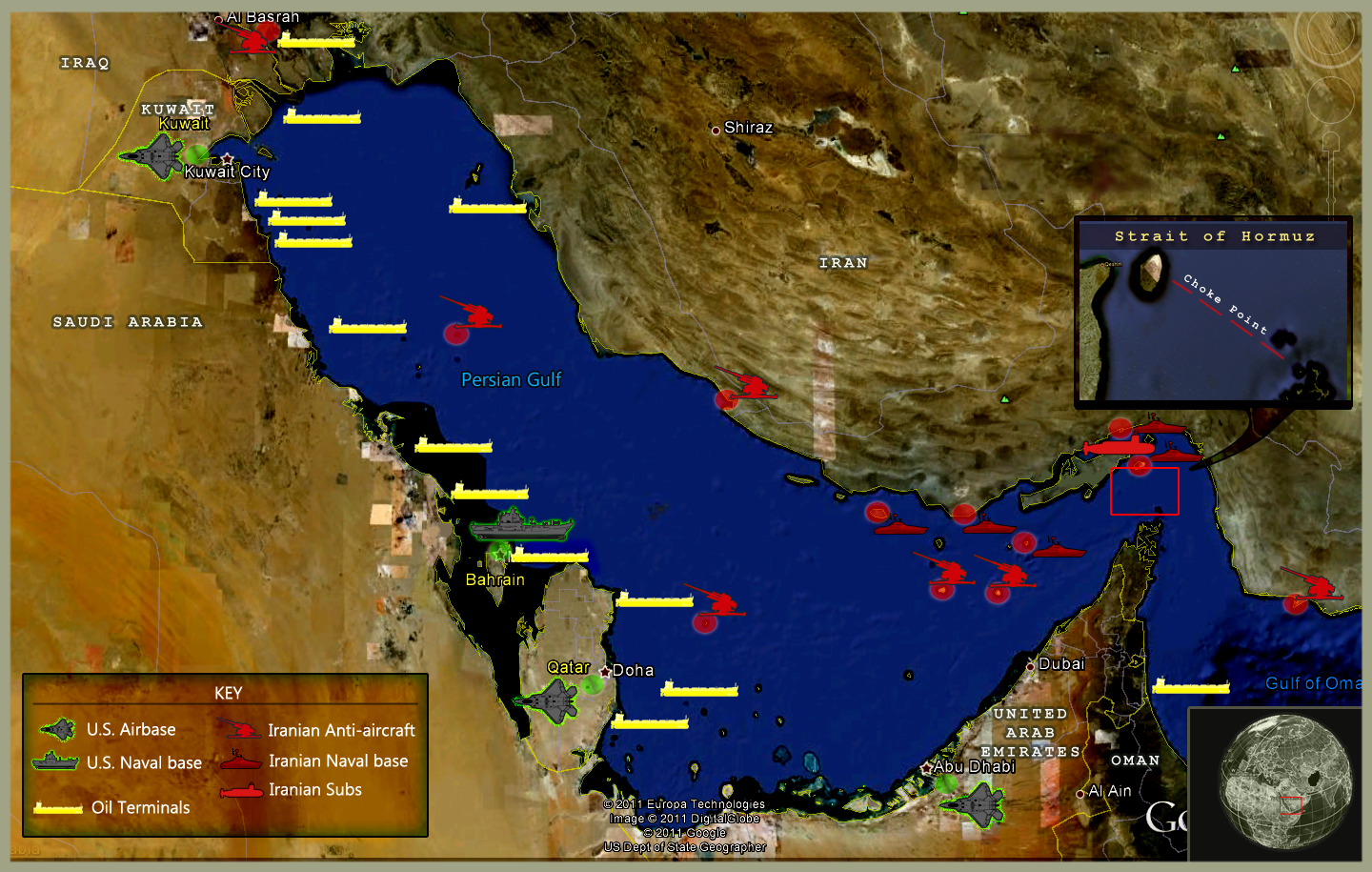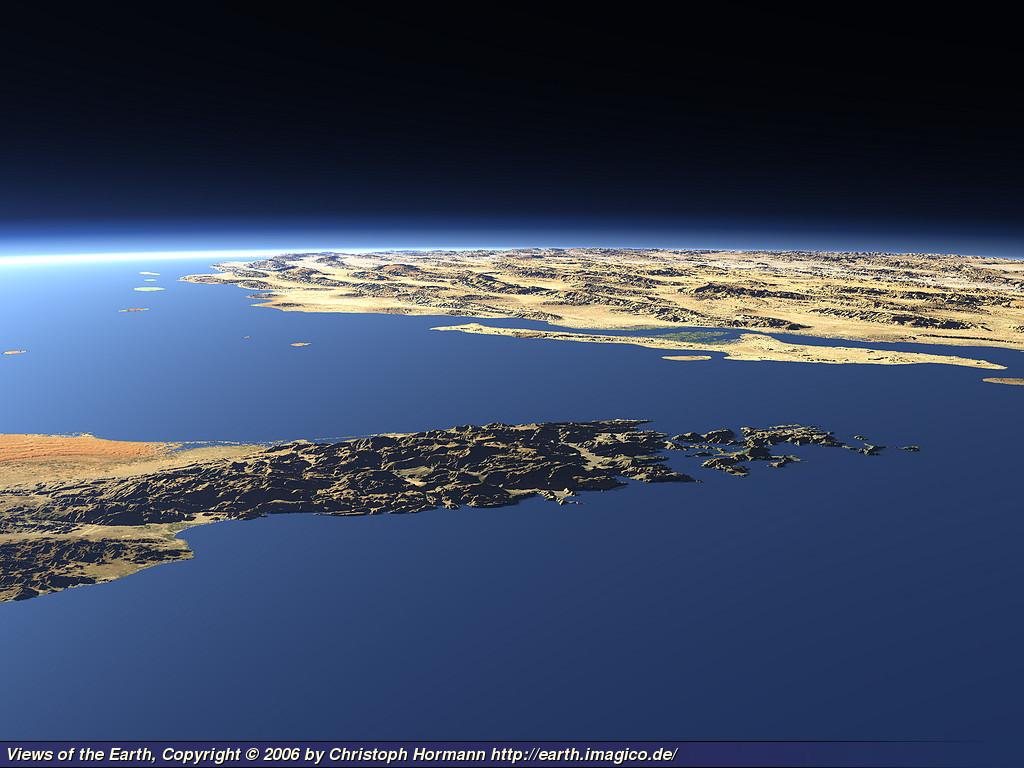Courtesy Of "Al-Jazeera"
The United States is working to gain consensus for tougher sanctions on Iran after the International Atomic Energy Agency reported that the country was engaging in research that could only be used for developing a nuclear trigger.
Iran has consequently threatened to block the Strait of Hormuz, a vital route for oil exports. There is also increased concern that Israel will prepare to take tough measures against Iran.
In an article in Foreign Policy, author and historian Mark Perry describes a series of CIA memos revealing a false-flag operation involving Israel’s intelligence agency, the Mossad. The memos report that Israeli spies posed as American agents to recruit members of Jundallah, a Pakistan-based separatist group, to carry out attacks in Iran.
Adding to tensions, an Iranian nuclear scientist was killed last week, and Iranian officials blame the United States and Israel for the death.
In this episode of The Stream, we talk to Vali Nasr, former senior adviser with the U.S. State Department; Meir Javedanfar, an Iranian-Israeli writer; and Mark Perry.
What do you think? Who is responsible for growing tensions between the United States and Iran? Send us your thoughts and comments on Facebook or Twitter using hashtag #AJStream.
These are some of the social media elements featured in this episode of The Stream:
Iran has consequently threatened to block the Strait of Hormuz, a vital route for oil exports. There is also increased concern that Israel will prepare to take tough measures against Iran.
In an article in Foreign Policy, author and historian Mark Perry describes a series of CIA memos revealing a false-flag operation involving Israel’s intelligence agency, the Mossad. The memos report that Israeli spies posed as American agents to recruit members of Jundallah, a Pakistan-based separatist group, to carry out attacks in Iran.
Adding to tensions, an Iranian nuclear scientist was killed last week, and Iranian officials blame the United States and Israel for the death.
In this episode of The Stream, we talk to Vali Nasr, former senior adviser with the U.S. State Department; Meir Javedanfar, an Iranian-Israeli writer; and Mark Perry.
What do you think? Who is responsible for growing tensions between the United States and Iran? Send us your thoughts and comments on Facebook or Twitter using hashtag #AJStream.
These are some of the social media elements featured in this episode of The Stream:
Relations between the United States and the Islamic Republic of Iran have heightened to a breaking point in recent months. It has been a dramatic departure from the early diplomatic efforts of President Obama's first months in office, when he reached out to Iran in a Nowruz greeting that included a message in Farsi.
- In November, a report by the IAEA raised credible concerns about the weaponisation of Iran's nuclear programme. The perennial war of words between the US and Iran has since escalated into tough new sanctions, heightened threats, and a spate of espionage allegations.
- The International Atomic Energy Agency has been investigating Iran for nearly a decade, amid frequent debate over the country's right to pursue nuclear energy and the intentions of the programme.
- After the US imposed new sanctions on Iran in the wake of the IAEA report, the Iranian regime threatened to cut off all access to the crucial Strait of Hormuz.
- The Strait of Hormuz is one of the tightest sea passages in the world: 54 km (34 miles) at its narrowest. 35% of the world's seaborne oil shipments pass through the Strait of Hormuz, equivalent to 20% of the oil traded worldwide.
- Iran is one of the world's largest oil exporters, using the Strait of Hormuz as its only point of access from the Persian Gulf to the sea.
- The Obama administration has signaled to the Iranian regime that development of a nuclear weapon is a "red line," as is the closure of the Strait of Hormuz. Secretary of Defense Leon Panetta said recently that he does not believe that Iran is currently trying to build a nuclear weapon, but rather a "nuclear
capability.
Iranian Supreme Leader Ayatollah Khamanei issued a fatwa in late 2010 against the development of a nuclear weapon, saying acquisition and use of weapons of mass murder is against Islam.
Iran recently conducted a 10-day naval exercise in the Strait of Hormuz.
Amid the back-and-forth on sanctions and the Strait of Hormuz, Tehran also announced that an Iranian-American former US Marine would be sentenced to death on charges of espionage.
Just three days after the sentencing, tensions were further exacerbated by the murder of an Iranian scientist working at a uranium enrichment facility, the fourth killed in two years. Khamanei was quick to blame the US
and Israel for carrying out the killing.
The death of a civilian scientist also sparked a popular outcry among Iranians both for and against the regime.
- “#Iran behaves atrociously, but picking off civilian scientists on streets is pure terrorism & somewhat explains Tehran's extremism
“I don't agree with 98% of the things @khamenei_ir says and hate him as a person but I agree with him on the scientist, kills me to say it- Hawkish rhetoric on Iran has played a major role in the United States election campaign, particularly in the Republican primary, as dueling videos of candidates Rick Santorum and Ron Paul show.
Content on this website is for general information purposes only. Your comments are provided by your own free will and you take sole responsibility for any direct or indirect liability. You hereby provide us with an irrevocable, unlimited, and global license for no consideration to use, reuse, delete or publish comments, in accordance with Community Rules & Guidelines and Terms and Conditions.







No comments:
Post a Comment